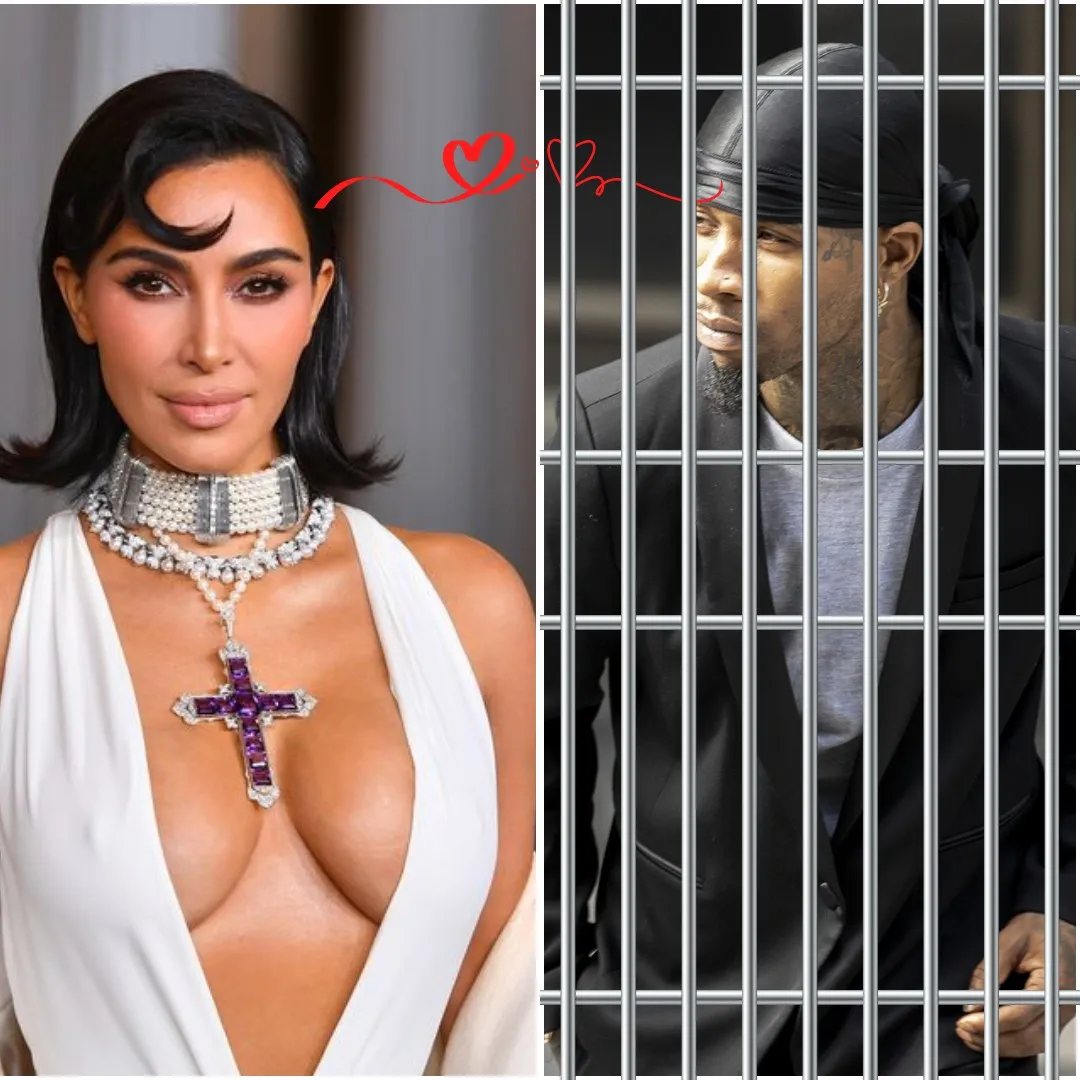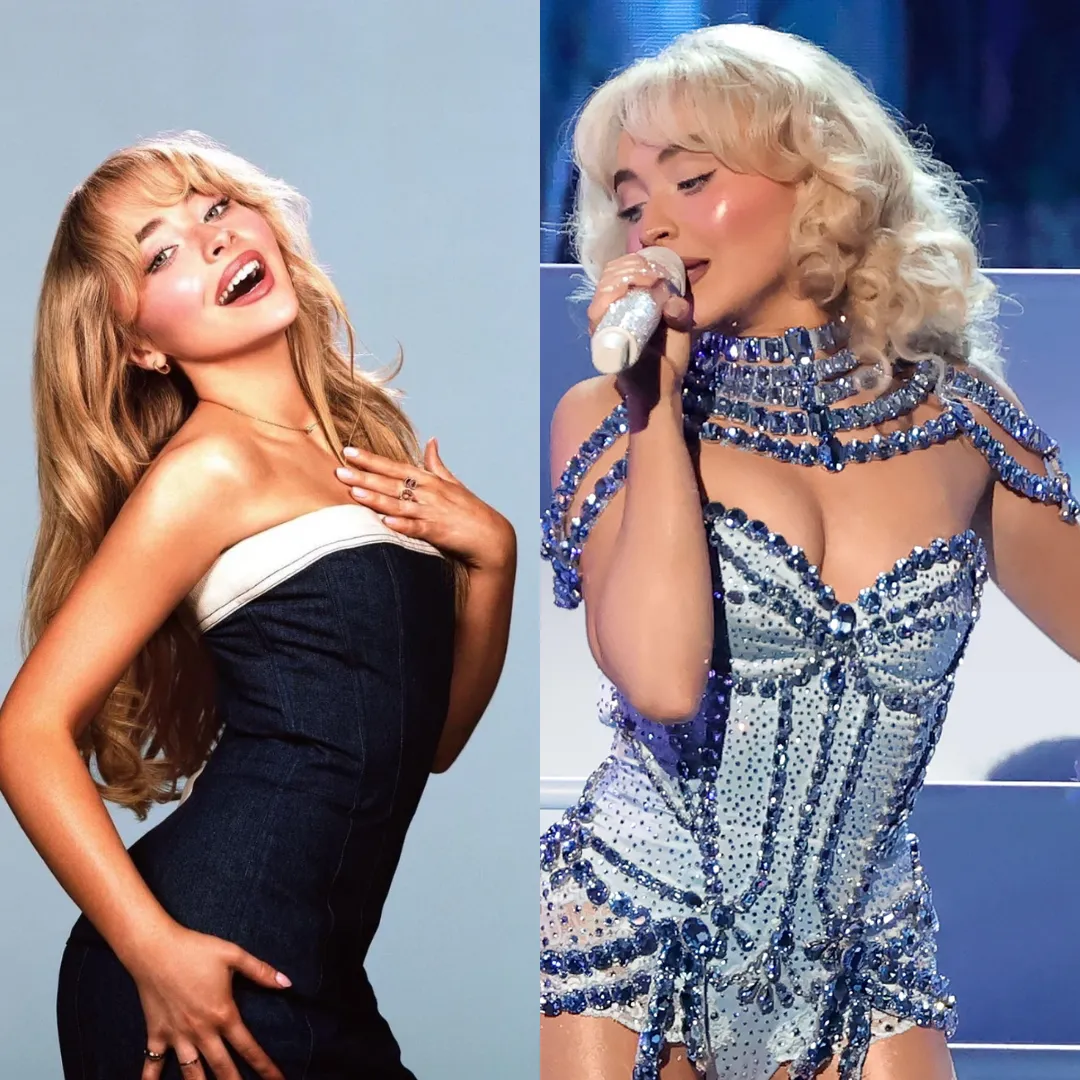
Maye Musk, model and mother of entrepreneur Elon Musk, has ignited a heated debate after calling for a ban on biological men competing in women’s sports.
Her comments, made during a public appearance and amplified on social media, have drawn both praise and criticism, highlighting the ongoing global discourse on gender identity and athletic fairness.
The controversy centers around the participation of transgender women in competitive sports traditionally designated for biological females. Advocates argue that such inclusion respects the rights and identities of transgender individuals.
However, critics like Musk contend that biological differences, such as muscle mass and bone density, provide an unfair advantage in many sports, potentially undermining the principles of fair competition.
Musk’s remarks have resonated with a growing number of people concerned about what they see as the erosion of women’s spaces and opportunities.
Supporters have hailed her as a voice of reason, with many claiming that prioritizing fairness in sports does not equate to discrimination. They assert that creating alternative categories or adopting new policies could balance inclusion and equity without disadvantaging female athletes.
On the other side of the debate, LGBTQ+ activists and allies have criticized Musk’s stance as exclusionary and harmful. They argue that barring transgender women from participating in women’s sports sends a message of rejection and intolerance.
For many, inclusion is not just a matter of fairness but also a fundamental human right, making Musk’s position controversial and polarizing.
The debate is far from new but has gained renewed attention due to high-profile cases and evolving policies in sports organizations. The International Olympic Committee (IOC) and other governing bodies have faced immense pressure to develop guidelines that balance inclusivity with competitive integrity.
Recent updates to eligibility rules, including testosterone level thresholds, have sparked mixed reactions, with some praising the efforts and others deeming them insufficient.
Musk’s involvement has amplified public interest in the issue, with many applauding her for addressing a topic often regarded as taboo. Critics, however, question her expertise and motivations, suggesting that her platform could inadvertently perpetuate misconceptions about transgender individuals.
The model’s influence has undeniably brought the discussion to a broader audience, sparking debates across social media, news outlets, and public forums.

Amid the clamor, athletes themselves remain at the center of the controversy. Many female athletes have expressed frustration over what they perceive as an uneven playing field, while transgender athletes often report feeling stigmatized and marginalized.
The emotional and physical toll on all parties underscores the complexity of finding a solution that satisfies everyone.
Experts in science and ethics also remain divided. Studies have shown that biological differences between males and females persist even after hormone treatments, potentially affecting athletic performance.
However, others argue that focusing on physiological factors alone oversimplifies a deeply nuanced issue, ignoring the psychological and social challenges faced by transgender individuals in sports and society at large.
The issue has extended beyond sports into broader cultural and political debates about gender identity and equality. Policies affecting transgender participation in education, healthcare, and other areas have been hotly contested worldwide.
Musk’s comments reflect a broader cultural divide, with opinions often influenced by political leanings, personal beliefs, and regional attitudes.
In response to the backlash, Musk has doubled down on her position, emphasizing the need to protect women’s sports while supporting the inclusion of transgender athletes in separate or mixed-gender categories.
Her proposal has drawn interest but also skepticism, with detractors questioning its feasibility and fairness. Creating additional categories or mixed competitions would require significant logistical adjustments, funding, and societal acceptance.
The broader implications of this debate are profound. Sports have long been a microcosm of societal values, reflecting and influencing cultural norms. As discussions about gender and fairness evolve, they challenge traditional definitions and force society to confront difficult questions about inclusion, equity, and identity.

Ultimately, Musk’s remarks have spotlighted an issue that transcends athletics. They serve as a reminder of the complexities involved in reconciling individual rights with collective fairness. As society continues to grapple with these questions, the path forward will likely require empathy, compromise, and innovative solutions.
For now, Maye Musk’s comments remain a flashpoint in a contentious debate, one that shows no signs of abating.
Whether they lead to meaningful change or further polarization will depend on how stakeholders—athletes, organizations, and society—choose to navigate the intersecting issues of fairness, identity, and inclusion.



